During spring break at Whitworth University, an email petition was circulated asking the Board of Trustees to consider five questions before deciding about Whitworth’s hiring policy.
After that petition was sent out, Katherine Karr-Cornejo, associate professor of world languages and culture, sent out an email to an assembled list of around forty-five “affirming” faculty and staff.
These faculty and staff members immediately began brainstorming things they could do in response to the petition. “[We] were pretty disturbed by the claims it was making and the harm it was causing,” Karr-Cornejo said.
Their mindset was to “respond in a way that doesn’t perpetuate further harm, but also shows the voices in the petition don’t speak for everyone,” Karr-Cornejo said.
The result of the brainstorming session was three events — two pop-up lectures and a literary reading -all held during the month of April.
Pop-up lecture: Ostracism
The first event was a pop-up lecture given by psychology professor Patricia Bruininks on Thursday, April 13. The lecture was entitled “Ostracism: The Exclusion of Others from a Group or the Greater Society.”
Bruininks’ lecture discussed how social pain and physical pain can often have similar effects and activate similar parts of the brain. Because ostracism makes people feel social pain, it can often have impacts that many people do not realize.
For example, when people feel ostracized, they will feel physically colder. Bruininks said that ostracized people often start using “dysfunctional behaviors” to cope, especially when the group they are being ostracized from was important to them.
One way people may cope is to start cheating because they feel as if the rules of the system already are not working for them. Another dysfunctional behavior ostracized people exhibit is being disagreeable.
There are sometimes valid reasons to ostracize people, according to Bruininks. She said it can be a way to isolate someone who is a danger to the community, especially when it is used to change people’s ways and repair relationships.
“But we all know, because we’ve all been in middle school that ostracism isn’t always helpful,” Bruininks said.
Bruininks wanted the lecture to serve as a means of giving people knowledge about the beliefs they hold. She felt that it was essential for the “people on campus who believe we shouldn’t have LGBTQ faculty or staff” to know the way that ostracism can impact people.
Around eight or ten people showed up to this lecture.
Rainbow Reading
The second planned event was a “Rainbow Reading” celebrating literary works by queer authors. This event occurred in Westminster Garden on April 17, largely organized by Karr-Cornejo.
Anyone who had a relevant piece of literature could show up and read it. This event included cupcakes for attendees.
Around fifteen to twenty people showed up to this event.
Pop-up lecture: Natural diversity
The third event was a pop-up lecture co-taught by Aaron Putzke, professor of biology, and Olivia Cope, assistant professor of biology. This lecture was given on Tuesday, April 25, and was titled “Diversity is Natural: The Biology of Sex and Sexuality.”
The lecture focused on explaining the wide consensus for natural diversity in sex that exists among the scientific community. “Can we talk about some stuff that we know is true?” Putzke said. “And then you have to make a choice if you don’t want to believe the science. I guess it’s up to you.”
The goal of this lecture was to show that there is much natural diversity among organisms – including humans, Putzke said. The lecture provided examples of organisms that do not hold to our human understanding of sex and talked about how a sex binary does not exist when you look at humans even though many people still think it does.
One of the reasons many people view sex as a simple binary is due to how it was defined millions of years ago. “But biology has had data for decades showing that’s not necessarily true,” Putzke said.
The point of this lecture was to show that genetic traits, including eye color, hair color, skin color, height, and so on, are all spectrums, not binaries. “[And] if it’s a spectrum, when was the last time you discriminated against somebody because of eye color, or hair color? If it [sex] is just a genetic trait, why would we use that against somebody?” Putzke said.
This lecture was in response to conversations that had been circulating on campus for a while but had “come to a head” with conversations about the hiring policy and bringing different speakers to campus, said Putzke.
This lecture had over forty people attend.
More responses
The group of faculty and staff also raised money and purchased supplies to make rainbow pins. These were small safety pins that had rainbow beads attached. The pins were given out to any member of the Whitworth community who wanted one and the supplies remained in the Westminster Honors lounge so people could make their own.
These events were all volunteer based. Faculty emailed the assembled list with relevant knowledge they had from their field that they would like to share. Karr-Cornejo said if more volunteers materialize, Whitworth may see more lectures in the future.
“It’s important for us, as faculty and staff, to be aware of the power we wield and to help create spaces where students are valued for who they are and as safe as they can possibly be,” Karr-Cornejo said.
Karr-Cornejo’s list of “affirming” professors was modified from a list that Kathy Lee had assembled during her time at Whitworth. Lee’s email list would be used to send updates about things such as the future of higher education or the current state of Seattle Pacific University.



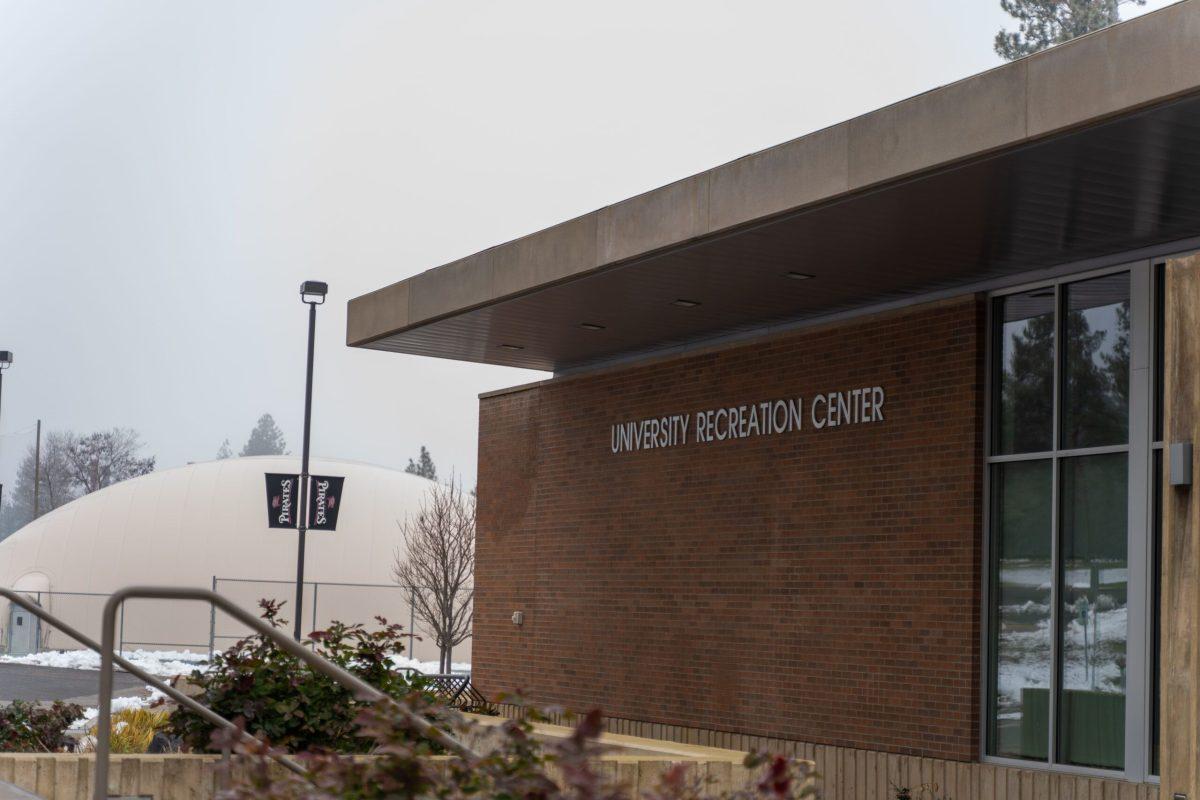
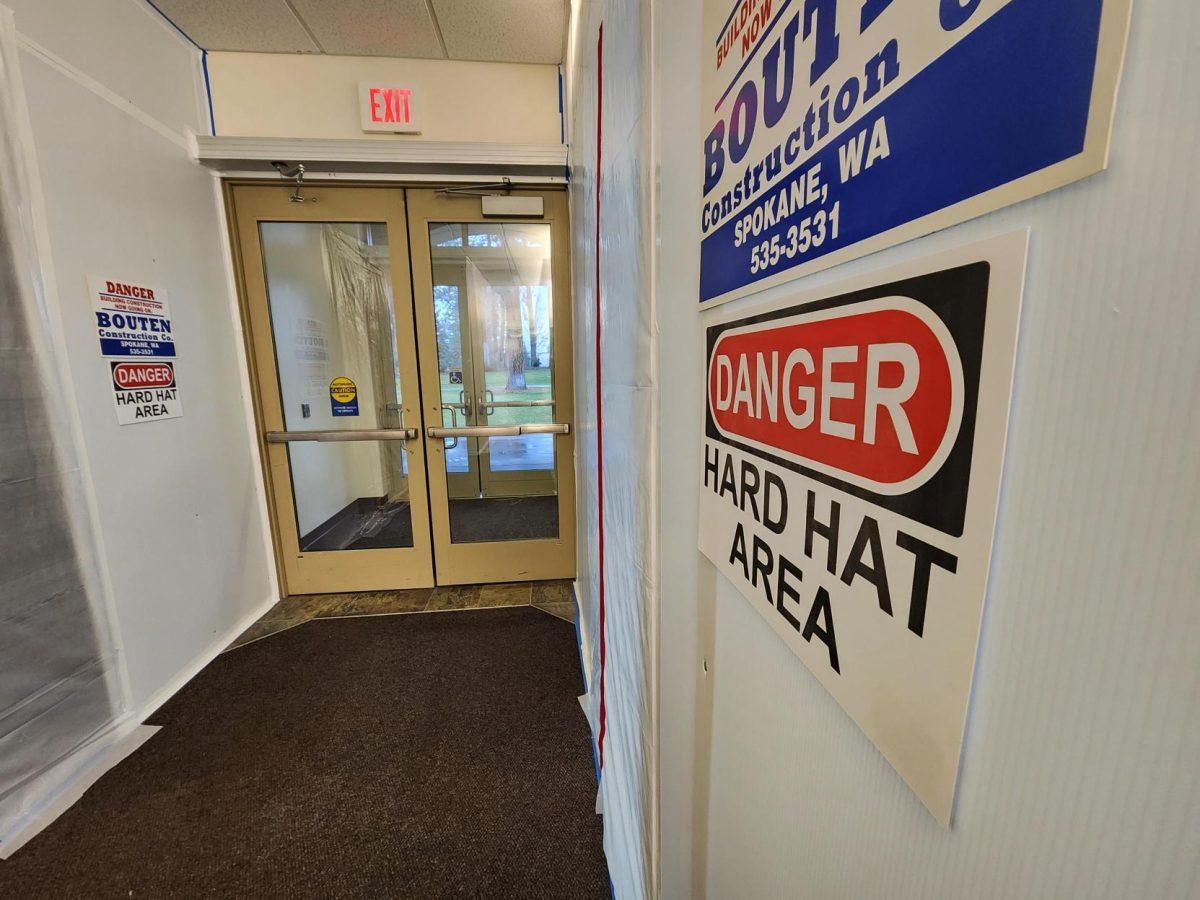
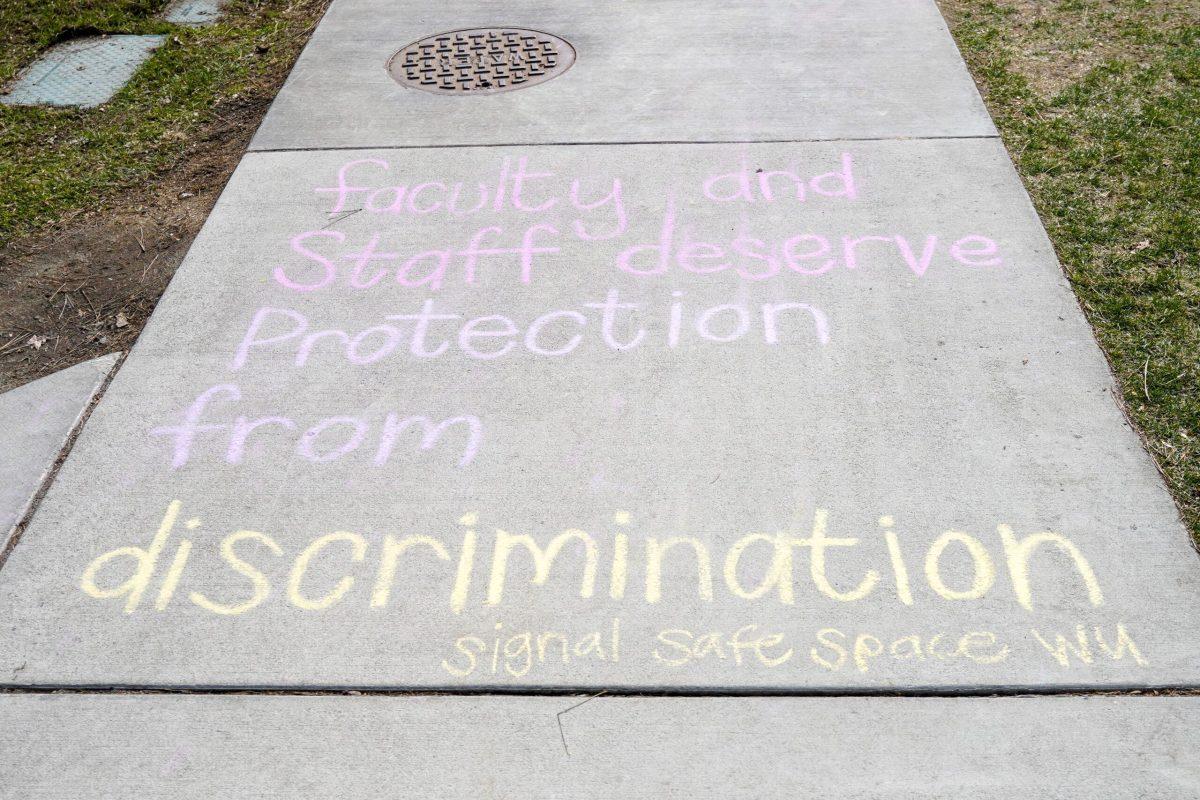
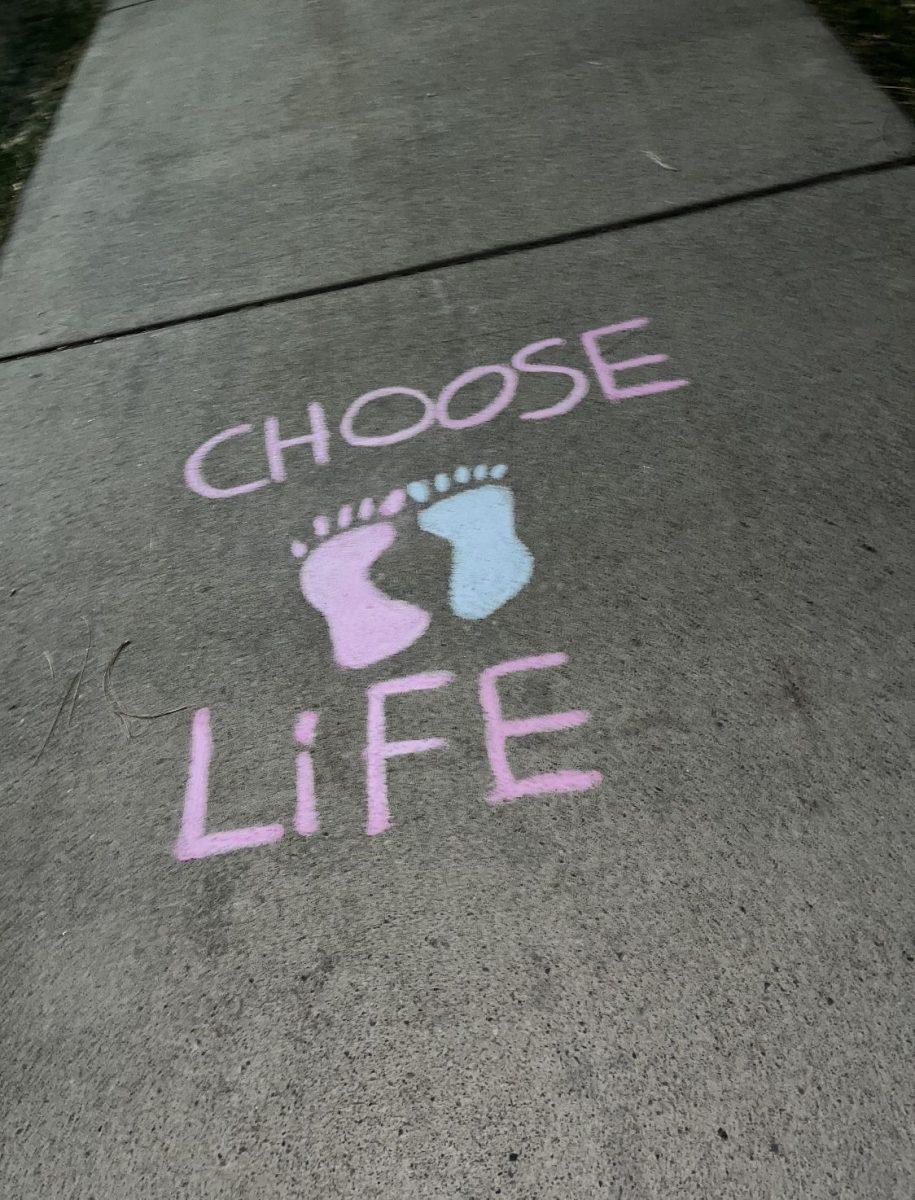






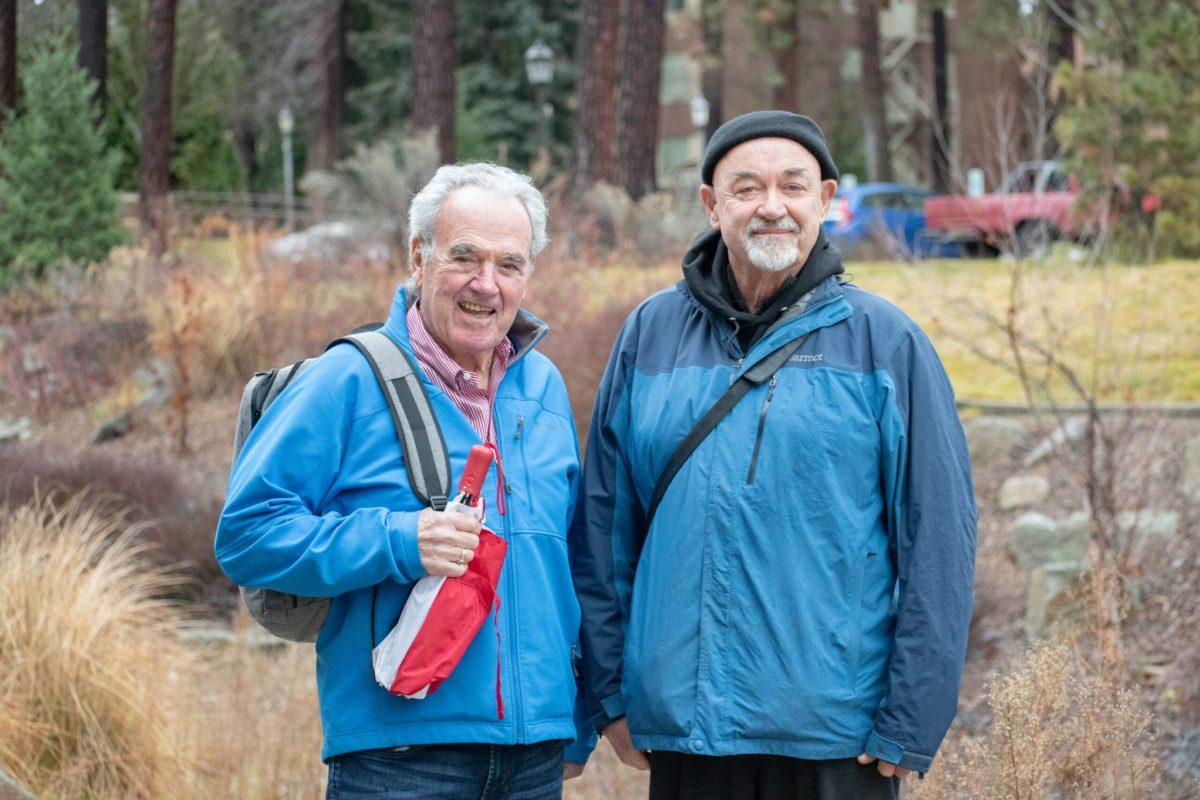

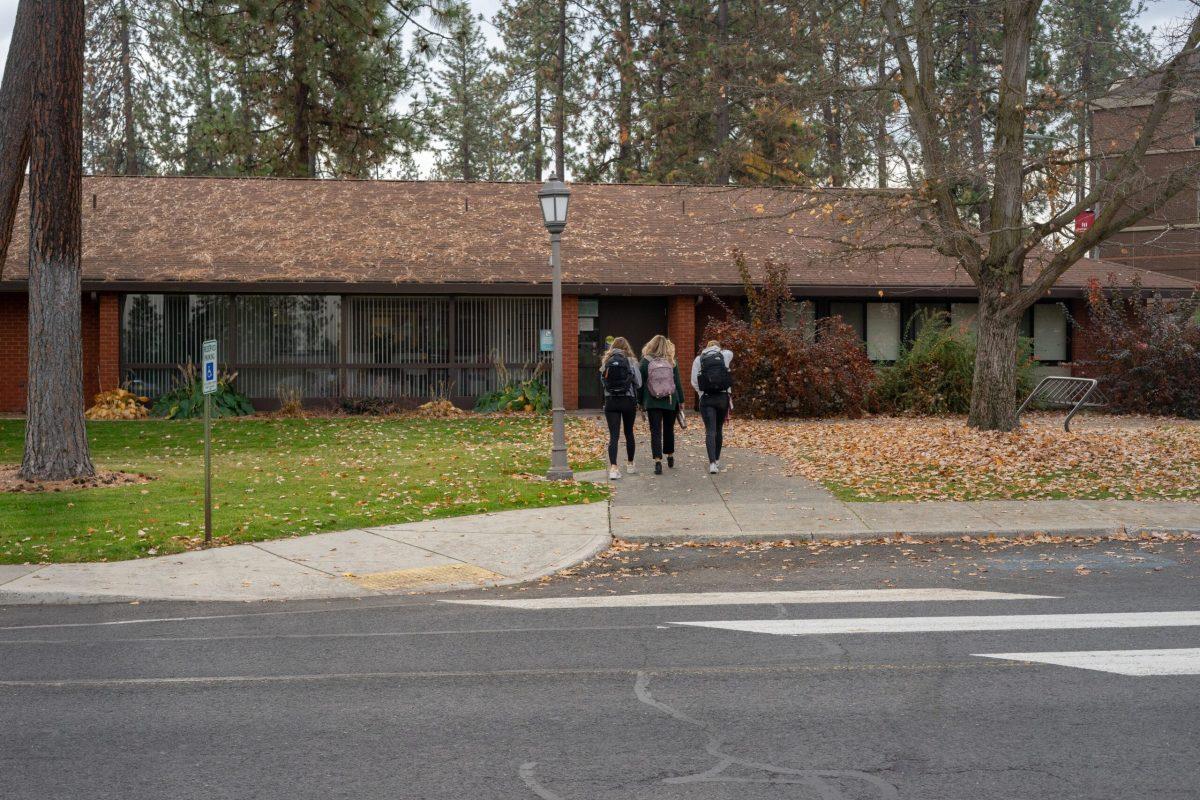

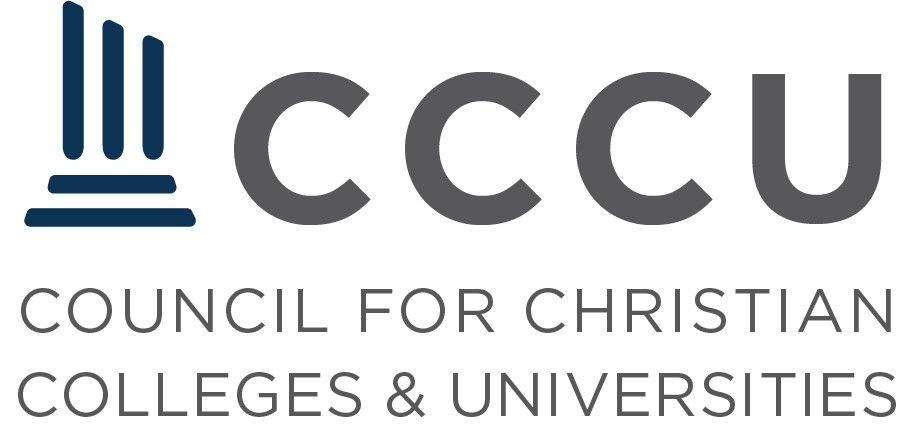
 Spokane?
Spokane?